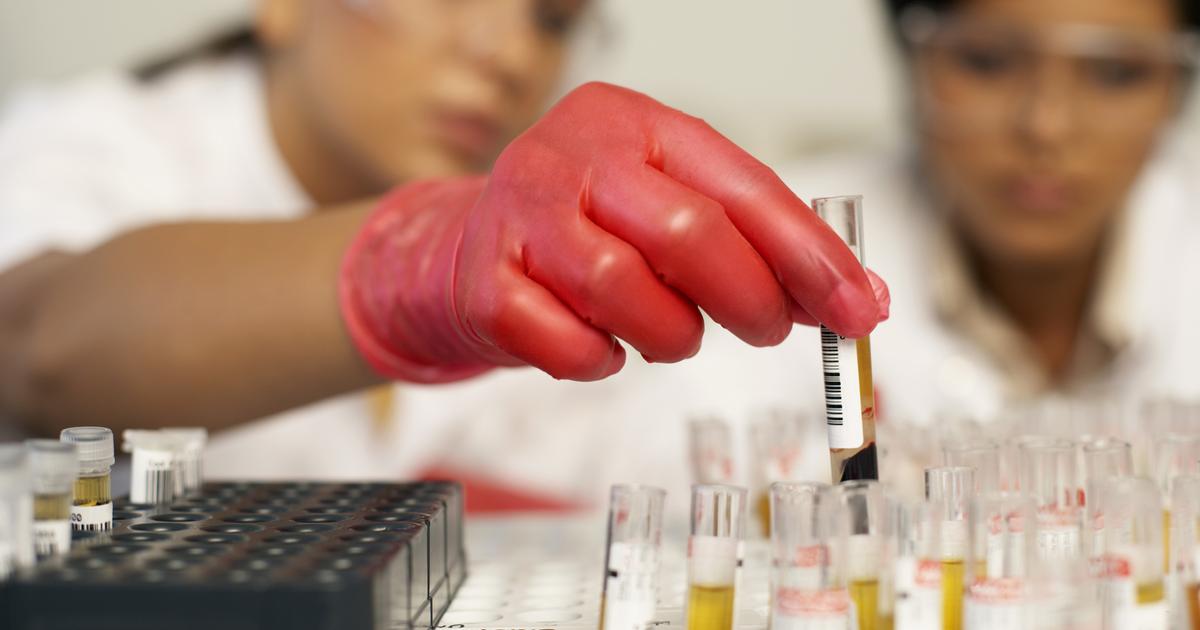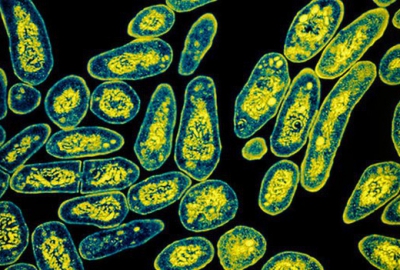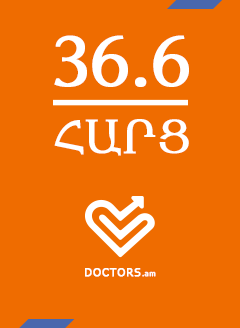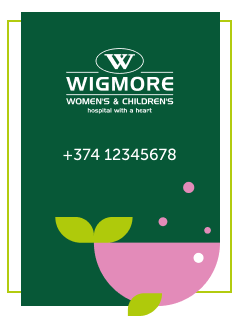The average life expectancy is currently 75 years – that’s about double how long we typically lived 200 years ago. So what’s changed? A lot of things! But these five medical breakthroughs in particular have tacked many years onto our lives:
Vaccines
Infecting someone with a disease in order to prevent them from getting sick is a pretty bold idea, but it didn’t stop farmer Benjamin Jesty from using cowpox (from a real cow) to vaccinate his whole family in 1774. Years later, Edward Jenner formalized the study on vaccines. And thanks to him, highly infectious diseases such as diphtheria, measles, smallpox, and pertussis are nowadays prevented by vaccines.
Penicillin
For those who love a little serendipity, there’s no better place to look than in Alexander Fleming’s petri dish. Fleming stumbled upon a mold that killed bacteria – aka penicillin, the first antibiotic. It is responsible for stopping the spread of numerous diseases (like tuberculosis) and helping curb the threat of infections.
Soap
It all started with Louis Pasteur’s Germ Theory at the end of the 19th century – the idea that germs cause illness. Since then, we have become a lot cleaner. And that’s great, because hand-washing and personal hygiene are some of the most effective fighters against illness and infection.
Blood-Pressure Treatment
When the “silent killer” (third biggest cause of death in the US) is heard and treated through antihypertensive therapy, the chance of stroke is reduced by 35 percent, heart attack odds are reduced by 20 percent, and chances of heart failure by 50 percent.
Insulin
Although we haven’t yet cured diabetes, the discovery of insulin, a hormone that regulates your body’s blood sugar, has turned diabetes (a formerly fatal disease) into a manageable condition. German doctors started by studying a diabetic dog, then moved on to studying pancreases from cattle, and today their disovery – insulin – is treating millions of people worldwide.

















